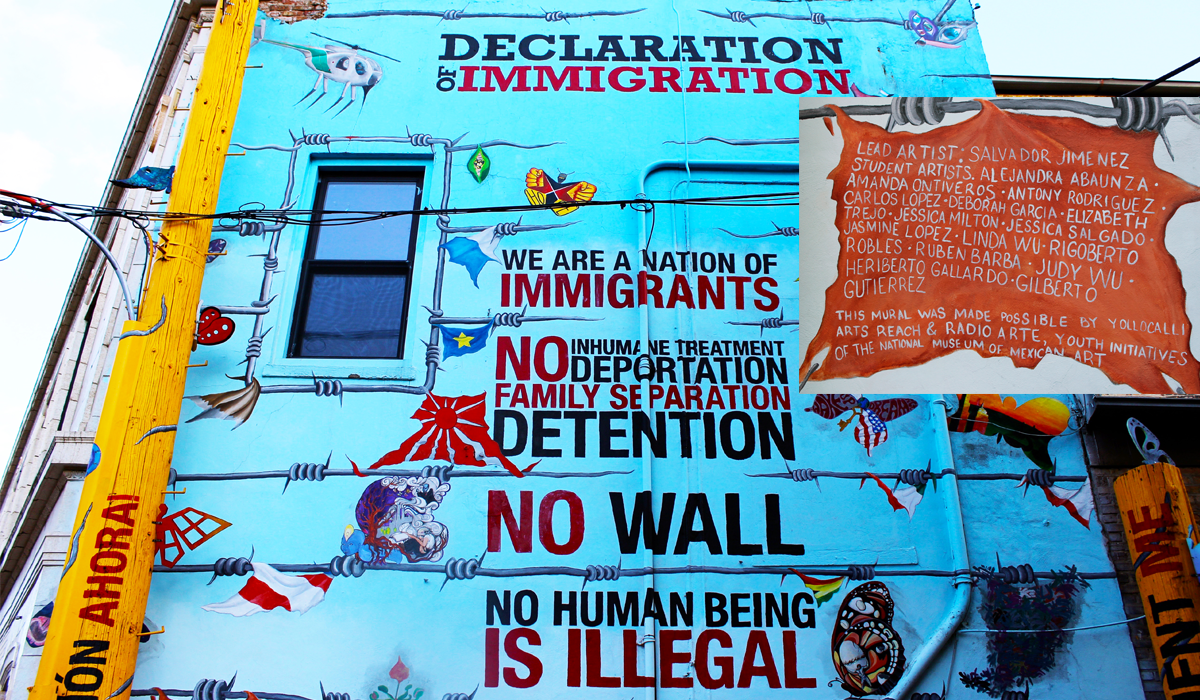An Interdisciplinary Ph.D. Minor and Graduate Certificate
The Ph.D. Minor and Graduate Certificate in Social, Cultural, and Critical Theory provide an interdisciplinary graduate curriculum based upon theoretical synergies among disciplines in the humanities, social sciences, arts, professions, and natural sciences. The Social, Cultural, and Critical Theory Ph.D. Minor and Graduate Certificate train students in important twentieth-century theoretical traditions that have had an impact across multiple disciplines, such as historical materialism, feminism, postmodernism, phenomenology, postcolonial studies, cultural studies, critical legal studies, the Frankfurt School, psychoanalysis, and queer theory. SCCT encourages exploration of—and cultivate future contributors to—new movements and directions in social, cultural, and critical theory such as actor-network theory, affect theory, anthropocene studies, biopolitics, critical area studies, border theory, critical finance studies, critical science studies, mediated geographies, new materialisms, object-oriented ontology, posthumanism, post-secular theory, critical race studies, somatechnics, trans* theory, and game studies, among others.
Student Learning Objectives
SCCT students will be interested in the important twentieth-century theoretical traditions that have had an impact across multiple disciplines. Both the minor and the graduate certificate will deepen student strengths in interdisciplinary and conceptually rigorous forms of research as a means of improving their research as well as their available opportunities in a job market increasingly interested in interdisciplinary scholarship.
- Students completing the Minor will have a broad foundation in theoretically informed interdisciplinary scholarship in the humanities, social sciences, and beyond.
- They will also be able to comprehend and employ influential modern intellectual movements, including both classical social, cultural, and critical theories and newer bodies of thought that have influenced disciplinary and interdisciplinary knowledge.
- They will be able to identify and describe how current trends in social, cultural and critical theory are affecting multiple disciplines across the humanities, social sciences, and beyond.
- They will be able to engage and apply theoretical frameworks in their research, as well as use their insights to make interdisciplinary interventions and epistemological as well as methodological innovations in their home discipline.
- They will gain specialized knowledge of one or more interdisciplinary theoretical frames that the student brings to bear on research in their home discipline.
- Through the experience of their practicum, students will be able to explain and appreciate the practical application or analytic value of the theoretical approaches they have studied, consider what problems they can help solve, and put those approaches to work in order to illuminate and actively address social or cultural phenomena.


